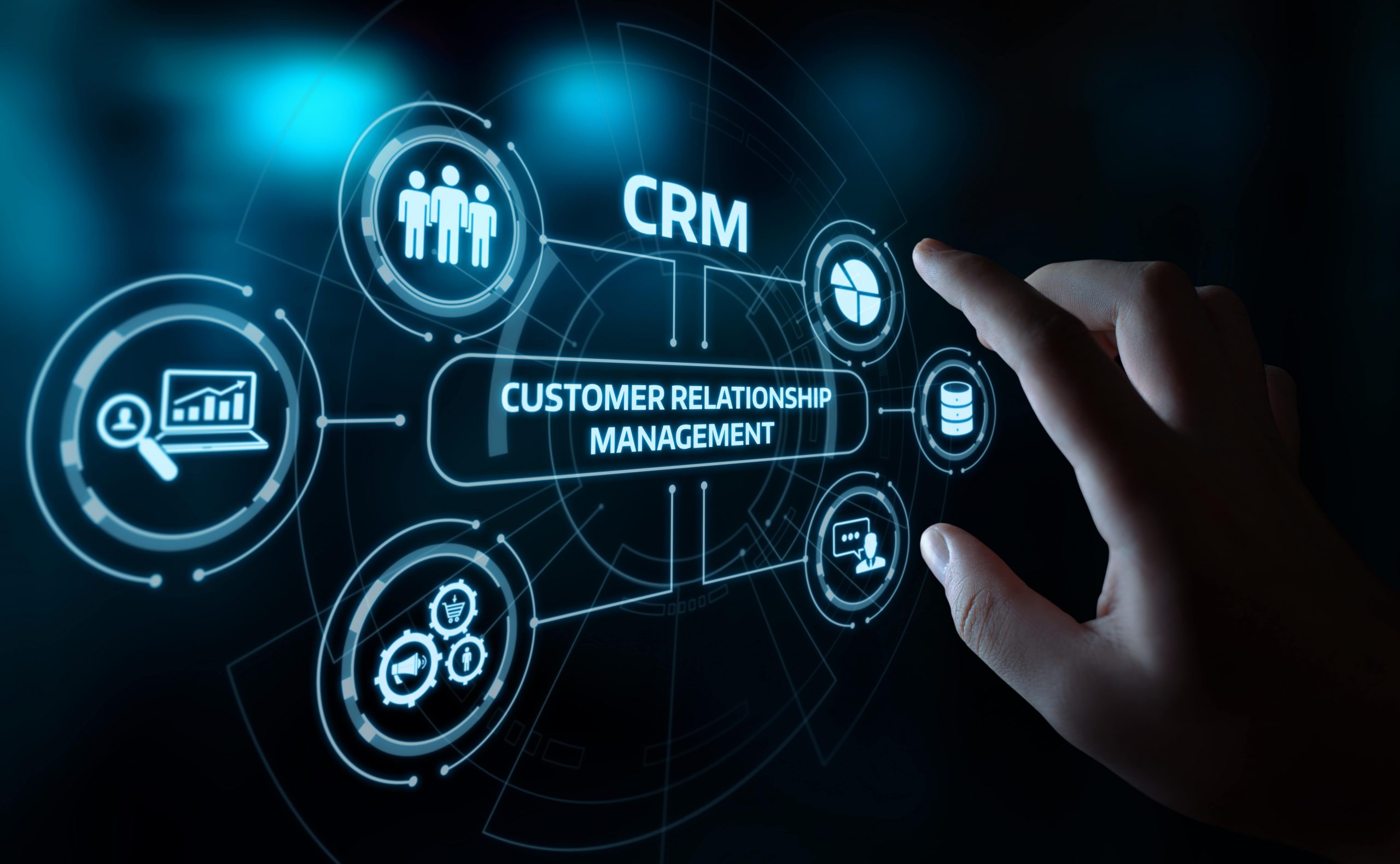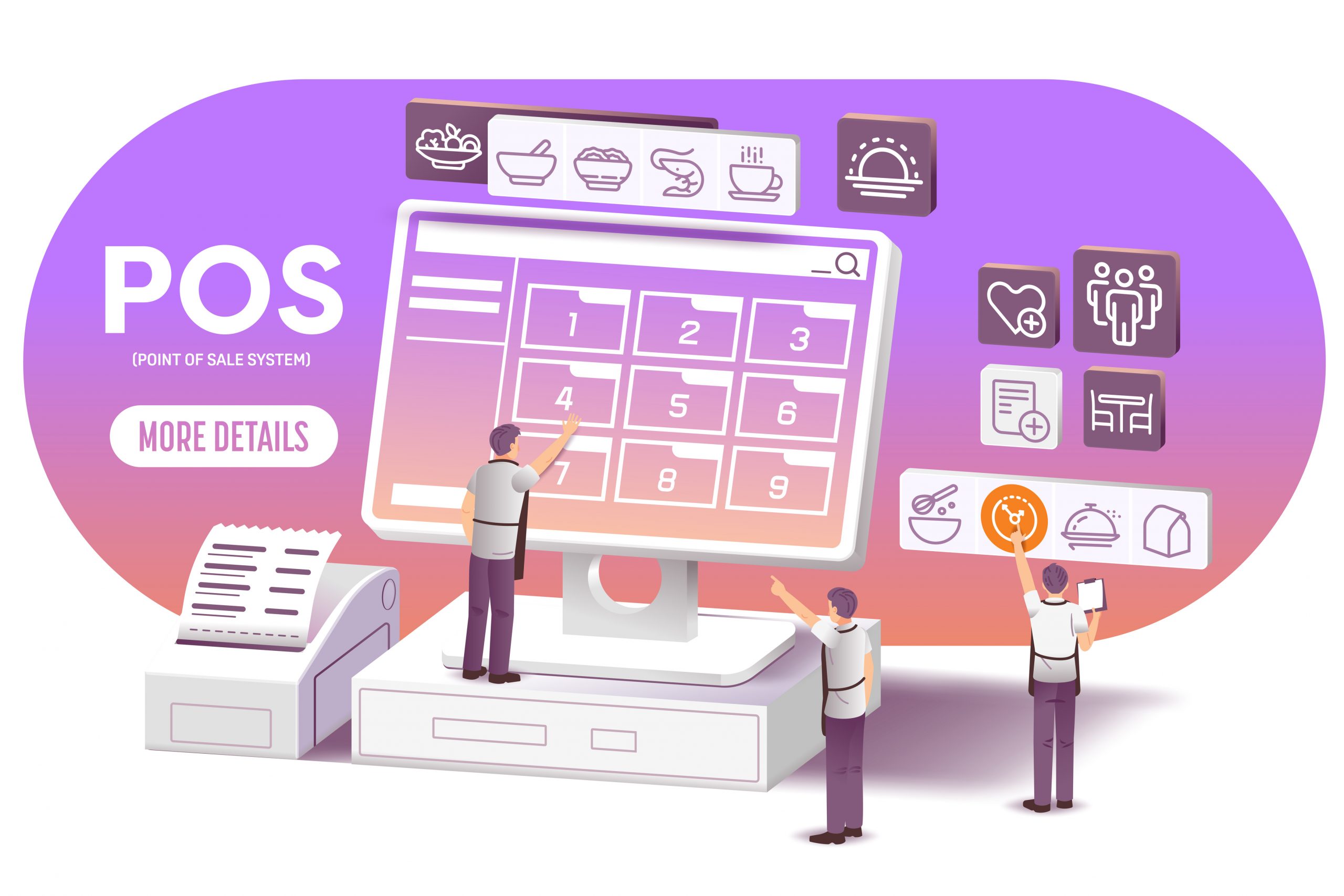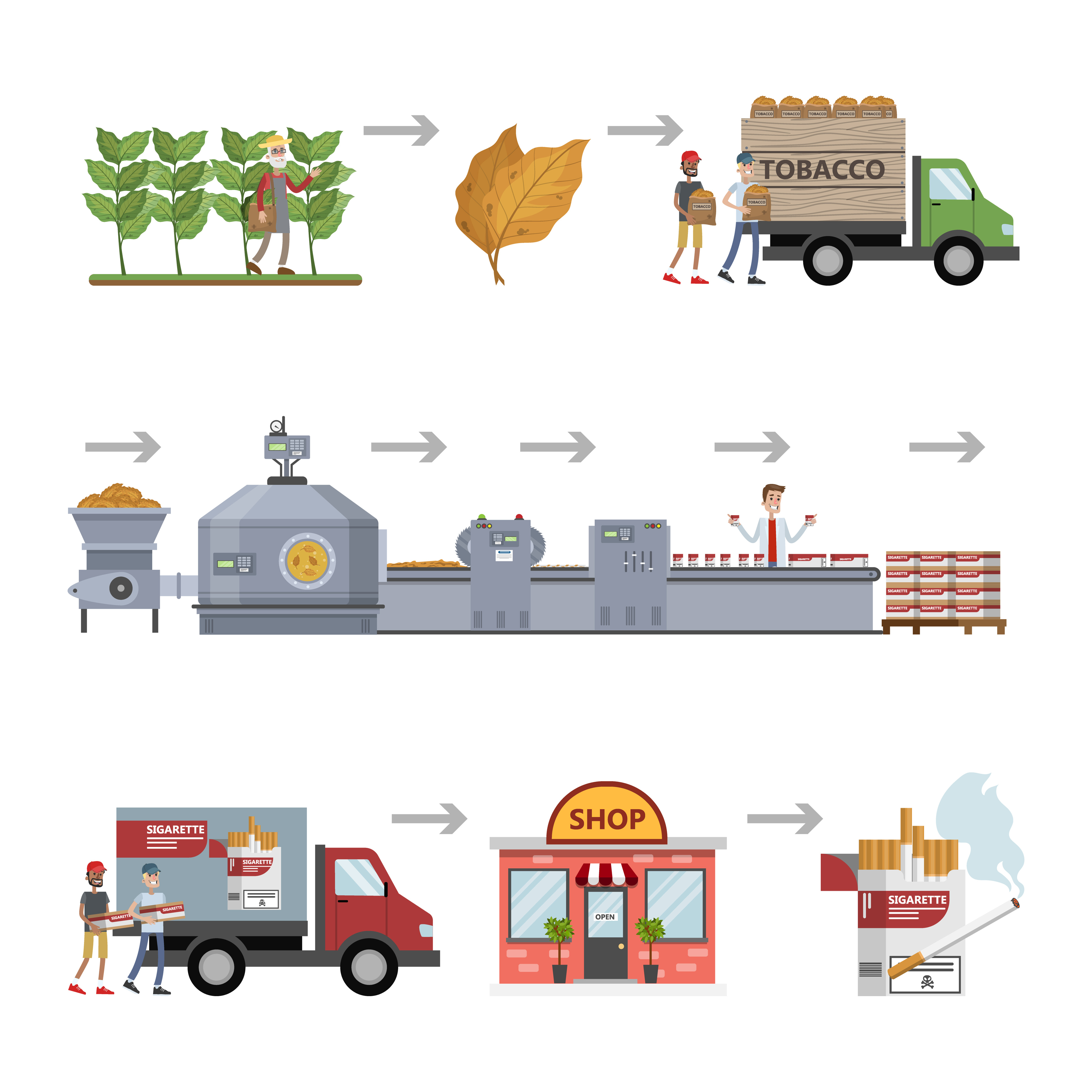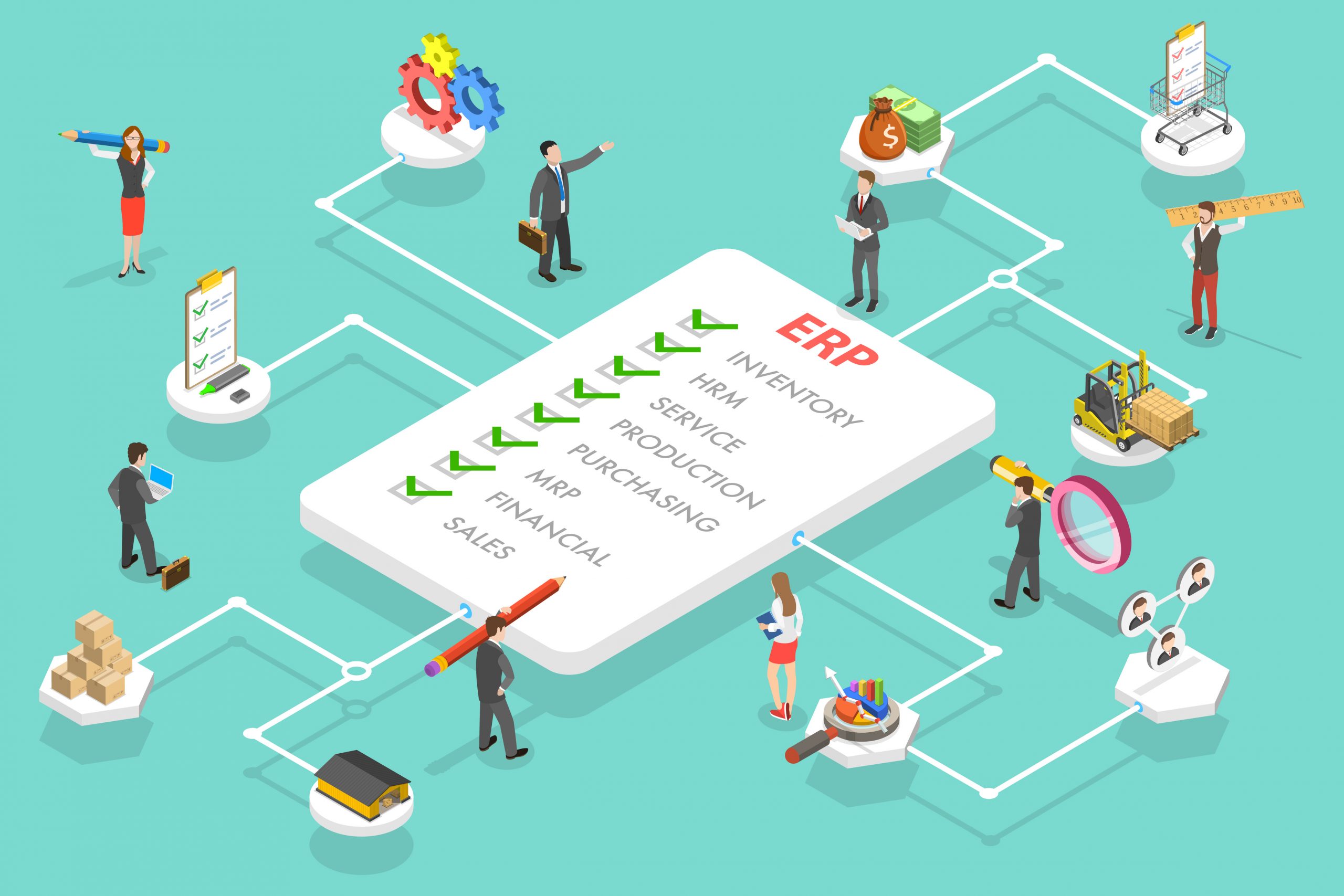What to Take Into Account When Selecting an ERP System?
ERP (enterprise resource planning) solutions are gaining popularity as businesses look for ways to improve their bottom line and streamline their operations.
An ERP system is a comprehensive software solution that integrates multiple business processes, such as inventory management, financial management, customer relationship management, and supply chain management.
It allows businesses to manage all aspects of their operations in one place and can help them save time and money by reducing manual processes and automating many of their operations.
What to Take Into Account When Selecting an ERP System?
All ERP systems seek to achieve the same basic objective, but not all provide the same functionality, usefulness, or quality level. Before selecting an ERP, you may make an informed selection by asking the ten questions below.
How Will the Software Suit My Organization’s Needs?
ERP solutions are not suitable for every situation. The industry, size, and other aspects of the company will all affect the ideal fit. Starting with a needs analysis will help you choose the software that best satisfies the firm’s needs.
To classify areas for improvement and create business requirements, enlist the assistance of a third-party consultant to interview workers and conduct a thorough review of present business processes and activities.
What Kind of Deployment Model Will It Employ?
A business must take deployment into account when selecting an ERP system. ERP software deployment options can be classified into five categories: hosted, on-premises, public cloud, private cloud, and hybrid.
Many businesses prefer a hybrid approach that uses some cloud services while retaining some on-premises capabilities. However, deployment models must be considered before choosing, as every firm is unique.
Is It Possible to Integrate with Other Internal and External Systems?
Integration is a challenge for many businesses. An ERP system should be able to communicate with both internal and external systems to guarantee that all systems and procedures function properly. When selecting an ERP system, be sure to query about integration capacity aggressively and urge that providers include this in their product demos.
What Processes Will It Automate or Streamline?
ERP solutions’ main objective is to increase workplace productivity. The automation or simplification of time-consuming or difficult business procedures is often required. Use a scorecard to rank the automation capabilities of ERP systems and assess how well they satisfy the needs of your business.
How to Stick To Schedule and Budget?
Businesses frequently struggle with difficulties of limited time and resources, which can add additional stress. Budget overruns are particularly common with ERP systems. Understanding the total cost of ownership (TCO), which includes expenses outside the purchase price and implementation charges, is crucial when assessing an ERP system.
Speaking with peers who have recently adopted an ERP system and who can offer insight into real facts to create expectations is one way to assist with budget and timeline forecasts.
In order to meet the timeline and financial objectives for the ERP installation phase and to ensure that all stakeholders are aware of their responsibilities, effective communication is essential. For any enterprise endeavor, this is true.
Can the Software Be Modified and Improved?
Every company has different operational requirements. Fortunately, ERP software can be altered to fit the company’s requirements and eliminate unnecessary features and services. The software can be connected to other systems as the company expands to suit the demands of the business.
Conclusion
When choosing an ERP system, it is important to ask questions about the features and capabilities of the system, the cost of implementation and maintenance, the system’s scalability, the support and training provided, the security of the system, and the customization options.
Asking the right questions and researching can help you pick the best ERP system for your business. Different ERP systems offer different features and capabilities, and you should select the system that best fits your company’s needs. The precise ERP system can help your business operate more efficiently, save money, and increase profits.
IBB-ERP is known for being one of the few ERP packages that support multi-site retail, wholesale, and online activities. IBB products are created and tailored so that company owners and managers may successfully manage all B2B/B2C sales initiatives for a unified outcome. Schedule a demo today!









